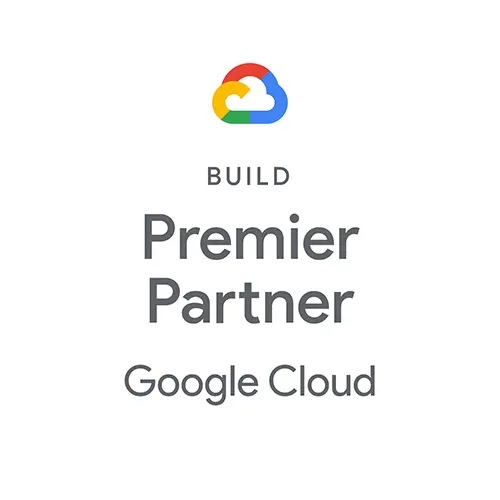What is a Cloud-based Software License?
Cloud licensing has become more and more popular in recent years as companies shift away from traditional licensing models.
In the past, companies or customers purchased software once and received a disk or download. These software models typically offered yearly fees to upgrade and receive services if desired. This is called a perpetual license and is one type of license that many companies still use. However, today, more and more companies are turning to the cloud for licensing solutions.
What is a cloud license? Cloud-based software licensing is a method in which licenses sit in the virtual cloud. Usually, these types of licenses are subscription licenses, which customers need to renew monthly or yearly (or any other increment that the vendor decides). There are many benefits to a cloud-based subscription license both for the company licensing a product and its customers. Cloud licensing allows companies to constantly update their software and deliver it easily to customers, maintain a constant income stream, have access to analytics regarding software use, and more.
Moving to a Cloud Subscription Model
If your company isn’t using a cloud-based software license yet, the move may seem overwhelming or even impossible. While transferring your licensing system can be a large amount of work, many companies have done so successfully. It is also possible to slowly integrate a cloud-based subscription model while maintaining other licensing options, in order to make the switch easier. For example, Microsoft and its Office 365 online suite or Adobe with its online subscription model. As more companies move their software to cloud-based licensing, the subscription model is becoming more relevant, and attractive. Before you make the move, there are various things to be considered.
- New Subscription Model - Moving to cloud licensing will require your company to rethink your current licensing models. If you’ve used a perpetual model until now, it’s time to consider how to integrate a subscription model into your software type. This includes deciding on payment price and method (monthly vs. yearly, various levels of membership), feature pricing and more.
- Analytics - Cloud licenses allow companies to have analytic access that is unavailable in a perpetual license model. This is because the software is based in the cloud, and all customer use can be documented, and therefore analyzed. This is advantageous to understand how customers are using your software as well as for the customers themselves. In order to fully make use of these analytics, it is essential to set up your licensing system in a way that the analytics will work for your company.
- Sales and Marketing - In many cases, moving to a cloud-based software license requires companies to change their sales and marketing tactics. Customers are becoming more familiar with subscription models and therefore, companies must sell the attractive aspects of such a software model. Many companies use the move to cloud licensing as an opportunity to rebrand the software.
- Cash-flow - Moving to a subscription-based cloud license will inevitably change the cash-flow structure of a company (many times for the better).
- Migrating Current Customers - This can be a challenge for many companies. Existing customers have already purchased the (perpetual) software and may be resistant to moving to a subscription plan.
Sentinel Cloud Licensing Solutions
At Sentinel, our goal is to allow our customers to create and provide the best licensing options for them and their products. In order to achieve this, we’ve created a wide range of licensing options including cloud-based software licenses. If you’ve decided to make the move to the cloud, our goal is to help you transition as smoothly as possible.
We truly believe that in order to stay competitive in today’s changing technology landscape, software vendors must keep up with the trends. One of these is cloud licensing.
How can Sentinel cloud licensing help your business? Here are a few of the main ways:
- Collect data to enable multiple business models - Cloud-based software licenses allow unprecedented access to analytics that companies may never have had access to previously. This includes information related to consumer consumption of the license,feature use, different payment methods, etc.
- Improve customer experience by authorizing software access from any device - Customers today don’t want to be limited to using software on their computers only. Cloud licenses allow software vendors to provide access to their software from multiple devices if desired including phones, tablets, laptops, and any other relevant devices. This can increase customer satisfaction tremendously.
- Adapt to changing market dynamics and customer requirements in real-time - Cloud licensing allows you to make software changes at any time, delivered to your customers instantly. This is a major advantage, as opposed to perpetual licensing systems in which providing updates can be more difficult and even impossible if customers don’t pay for ongoing service and updates. Additionally, software vendors can add desired features and allow customers to purchase additional features at any time.
- Reduce costs associated with license key management - By moving to the cloud, you will inevitably lower costs associated with hardware in your company. Over time, you’ll be able to manage all software from the cloud with ease and most likely save significantly on related costs.
For more information on how to successfully manage your shift to cloud licensing, download our whitepaper, Lucrative Pricing and Packaging Strategies for the Cloud Today, Tomorrow, and Beyond.





